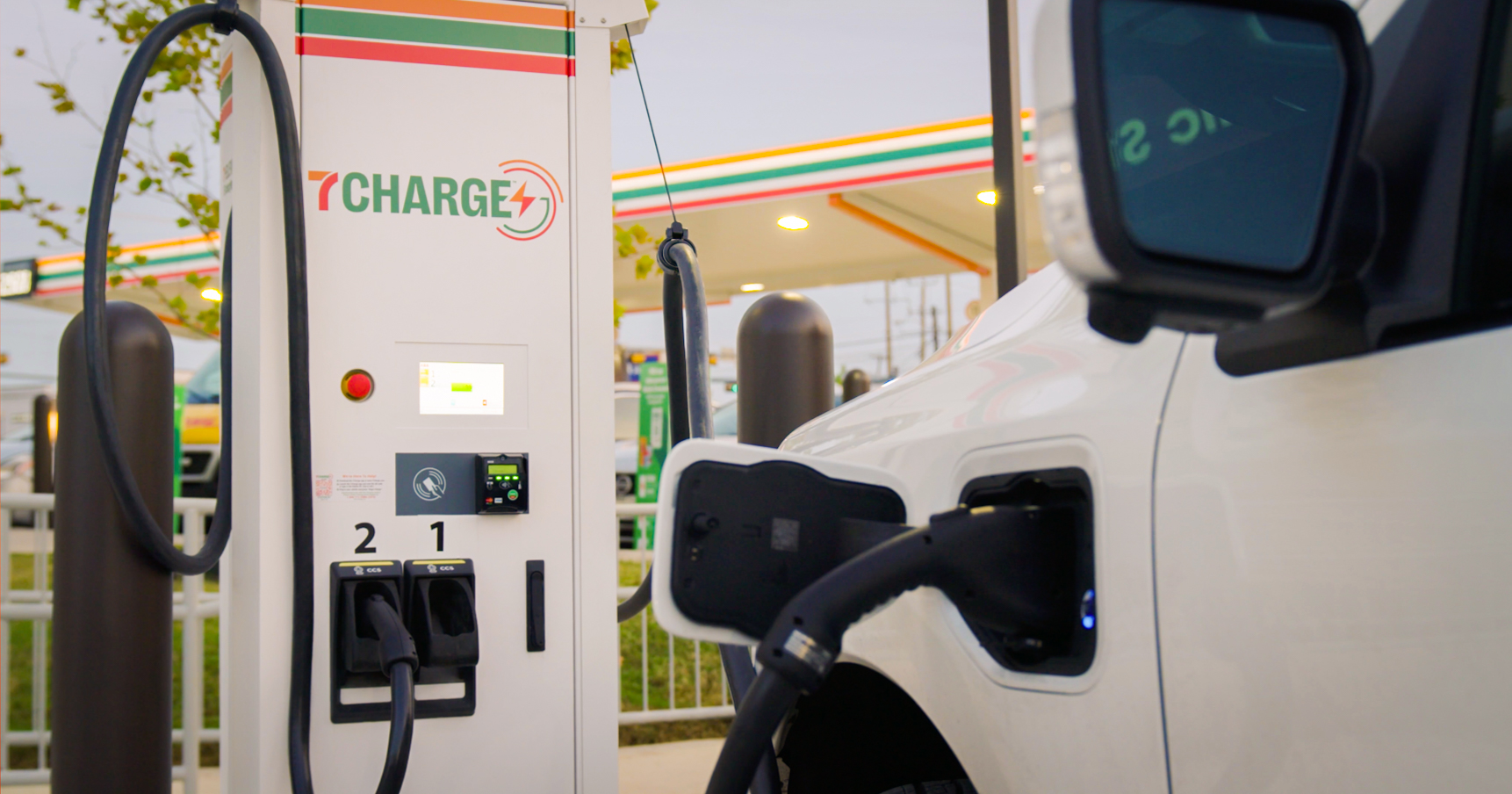Innovative technology could extend lifespan of electric vehicle batteries

A groundbreaking discovery in the world of electric vehicles (EVs) may soon revolutionize how batteries are made and used. The accidental innovation, which could lead to capacitors with 19 times the energy density of current options, has the potential to significantly extend the lifespan of EV batteries.
The breakthrough lies in a new material structure that enhances the energy storage capabilities of capacitors, allowing them to hold a charge for longer periods. While batteries already have a decent lifespan, the capacitors that assist in charging them have been a limiting factor.
Referred to as “heterostructures,” the new material design slows down energy dissipation, as explained by scientists in a study published in the journal Science. This unexpected development could transform the way capacitors function in EVs and electronic devices.
Capacitors play a crucial role in providing quick bursts of energy beyond what batteries can deliver, making them essential for various applications such as flash photography in smartphones. Typically composed of polarized materials, capacitors store energy by reversing polarization when voltage is applied. However, they tend to lose power over time.
With this new innovation, capacitors can maintain their charge for longer periods, making them more reliable and efficient in the long run. This advancement could have far-reaching implications for the EV industry, similar to the impact of faster-charging batteries.
While the potential of this discovery is promising, further research and development are necessary to scale up the technology for practical applications on a larger scale. Overall, the unexpected EV innovation holds great promise for extending the lifespan and enhancing the performance of EV batteries.
This article was originally published on BGR.






